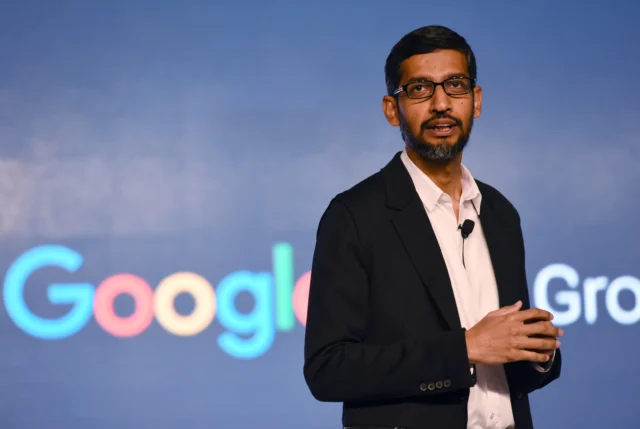
In a recent interview, Google CEO Sundar Pichai shared his optimistic view on the impact of artificial intelligence (AI) on the future of programming. He believes that AI will act as a powerful assistant, boosting the productivity and capabilities of entry-level programmers rather than making them obsolete. This perspective challenges the prevalent fear that AI will automate away jobs, particularly those requiring technical skills.
Pichai’s assertion is rooted in the transformative potential of AI coding tools like GitHub Copilot. These tools, built upon advanced language models, can generate code snippets, suggest improvements, and even automate repetitive tasks. According to Pichai, such tools will free up programmers to focus on higher-level problem-solving and creative thinking.
Pichai’s Vision for the Future of Programming
Pichai envisions a future where AI-powered coding assistants become an integral part of a programmer’s toolkit, similar to how calculators are for mathematicians or word processors are for writers. He believes that AI will democratize programming, making it more accessible to individuals from diverse backgrounds.
Furthermore, Pichai sees AI as a catalyst for innovation in the field of software development. By automating mundane tasks, AI will allow programmers to experiment with new ideas and approaches, ultimately leading to the creation of more sophisticated and user-friendly software.
Key Takeaways from Pichai’s Interview
- AI will augment, not replace, the work of entry-level programmers.
- AI-powered coding tools will boost productivity and enable programmers to focus on higher-order tasks.
- AI will democratize programming, making it more accessible to people from all walks of life.
- AI will drive innovation in software development.
The Impact of AI on the Programming Landscape
While Pichai’s vision is optimistic, it’s important to acknowledge the potential challenges and disruptions that AI may bring to the programming landscape. As AI tools become more sophisticated, there’s a possibility that some entry-level programming tasks may become automated. However, Pichai believes that the demand for skilled programmers will continue to grow as AI opens up new opportunities and applications.
The key for programmers will be to adapt and evolve alongside AI. By embracing AI tools and developing skills in areas like problem-solving, critical thinking, and creativity, programmers can position themselves for success in an AI-powered future.
Expert Opinions and Industry Trends
Pichai’s views are echoed by many experts in the field of AI and software development. They believe that AI will revolutionize programming by automating routine tasks, enabling programmers to focus on more complex and creative aspects of their work.
Moreover, industry trends suggest that companies are increasingly adopting AI-powered coding tools to enhance their development processes. This indicates a growing recognition of the potential of AI to transform the programming landscape.
AI: A Tool for Empowerment, Not Replacement
In conclusion, Sundar Pichai’s perspective on the future of programming offers a hopeful outlook for aspiring coders. He sees AI as a tool for empowerment, not replacement. By leveraging AI tools and continuously upskilling, programmers can thrive in an AI-powered world.
The future of programming is bright, and AI will play a pivotal role in shaping its trajectory. Rather than fearing AI, programmers should embrace it as a powerful ally that can help them reach new heights of productivity and innovation.










